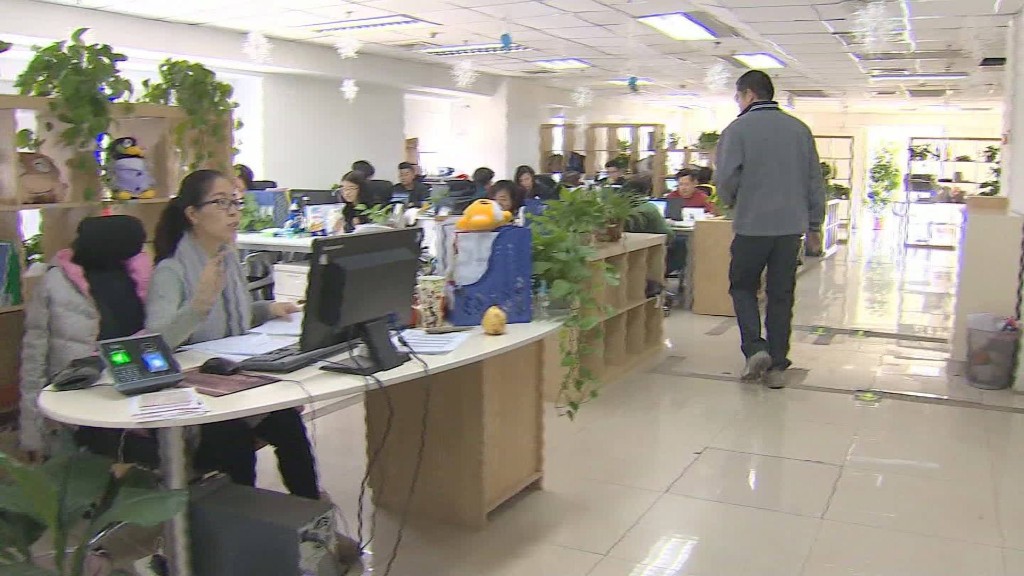
Talk about digging yourself out of a hole. Alibaba founder Jack Ma is back to talking tough on fakes.
Last week, Ma gave a speech to investors during which he remarked that these days, Chinese-manufactured fake products are just as good -- if not better -- than the real deal.
His words raised a lot of eyebrows, as counterfeits have long plagued Alibaba (BABA). The tech giant has been accused of failing to crack down hard enough on fake goods sold over its hugely popular online shopping platforms.
Related: Jack Ma says fake goods are better than the real deal
To "set the record straight," Ma has published an opinion article in the Wall Street Journal saying Alibaba has "zero tolerance for those who rip off other people's intellectual property."
China's giant manufacturing base has long been a hotbed for producing goods ranging from counterfeit luxury handbags to fake drugs. The rapid rise of e-commerce sites, from which producers can easily sell their goods globally, has made battling counterfeits a lot tougher.
"I want to let you know where I stand on this: Counterfeit goods are absolutely unacceptable, and brands and their intellectual property must be protected," Ma wrote. "Alibaba is only interested in supporting those manufacturers who innovate and invest in their own brands."
Related: Top shareholder dumping billions in Alibaba stock
He said his comments last week were an observation "that the dynamics between some brands and their manufacturing partners, and brands and their customers, are shifting due to economic and technological developments."
Ma also said that copying was "akin to thievery," and championed Alibaba's efforts to address the issue.
Last month, the company was suspended from the International AntiCounterfeiting Coalition, a global nonprofit that fights fakes. The suspension occurred after a number of top brands dropped out of the group in protest, and reports surfaced of potential conflicts of interest between Alibaba and the group's president.
Even before Alibaba posted its record-breaking $25 billion IPO in the September 2014, the company was embroiled in tons of lawsuits over counterfeits, and questions about how it would clean up its platforms.

